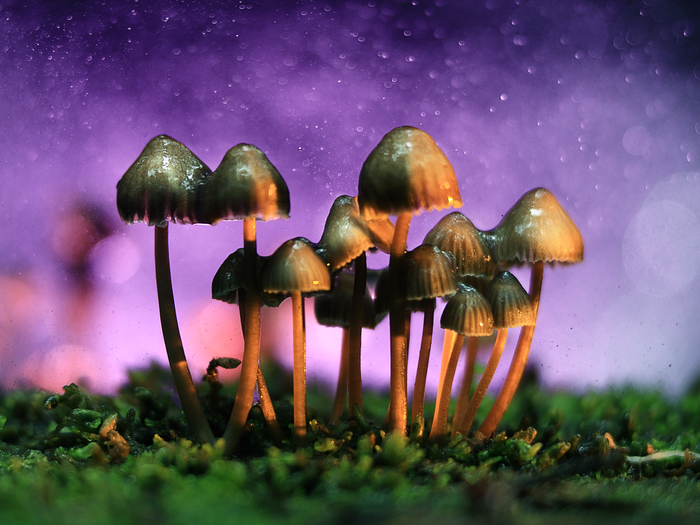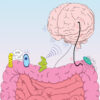Researchers at Johns Hopkins have made new advancements in their research of the psychedelic compound psilocybin for the treatment of affective disorders.
According to their findings published in the Journal of Psychopharmacology, psilocybin may relieve symptoms associated with major depressive disorder for at least one year, when taken in conjunction with supportive psychotherapy.
More than 20 participants were recruited in the study, all of which had a long history of depression. The participants were mostly white, in mid-adulthood, and women.
“Participants were randomized to an immediate or delayed (8 weeks) treatment condition in which they received two doses of psilocybin with supportive psychotherapy,” the authors explained.
“Twenty-four participants completed both psilocybin sessions and were followed through 12 months following their second dose.”
The Johns Hopkins team unveiled that the anti-depressant effects from psilocybin were not only significant and immediate, but also had a long duration, making it an ideal new treatment for certain affective disorders.
“These findings demonstrate that the substantial antidepressant effects of psilocybin-assisted therapy may be durable at least through 12 months following acute intervention in some patients,” the authors determined.


